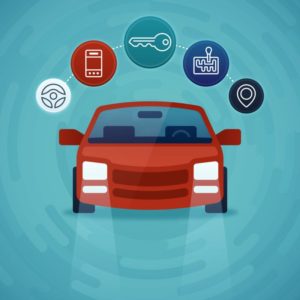“Cars will cease to be a product that we own, becoming rather a service that we share,” says Oberthur Technologies Connected Devices Makers Automotive Director Philippe De Oliveira.
 He made the statement on a new post on the company’s website, and it speaks to the evolving automotive landscape as cars get increasingly intelligent and connected. Microsoft recently announced that it would start licensing smart car IT to car makers, while Samsung completed its acquisition of smart car components developer Harman; meanwhile, the European Automotive Telecom Alliance recently laid out its plans to get more smart and self-driving cars on the road to the European Commission.
He made the statement on a new post on the company’s website, and it speaks to the evolving automotive landscape as cars get increasingly intelligent and connected. Microsoft recently announced that it would start licensing smart car IT to car makers, while Samsung completed its acquisition of smart car components developer Harman; meanwhile, the European Automotive Telecom Alliance recently laid out its plans to get more smart and self-driving cars on the road to the European Commission.
OT is betting that a large number of those smart cars are going to do away with physical keys and instead opt for digital authentication. Virtual keys could be sent between family members, or even issued on a temporary basis to trusted individuals who need access to a given vehicle. They could also play an increasingly important role in regulating access in car-sharing services, or enterprise fleets.
All of that raises an important security issue, of course, and that’s where OT’s embedded Secure Element solution comes in. The company is aiming to make it central to the virtual car keys of the future, helping to ensure that the digital keys stay out of the wrong hands. And given that the company has already proven itself in mobile integrations of its eSE technology, it has a strong case to make to automakers and other stakeholders in unfolding smart car revolution.

Follow Us